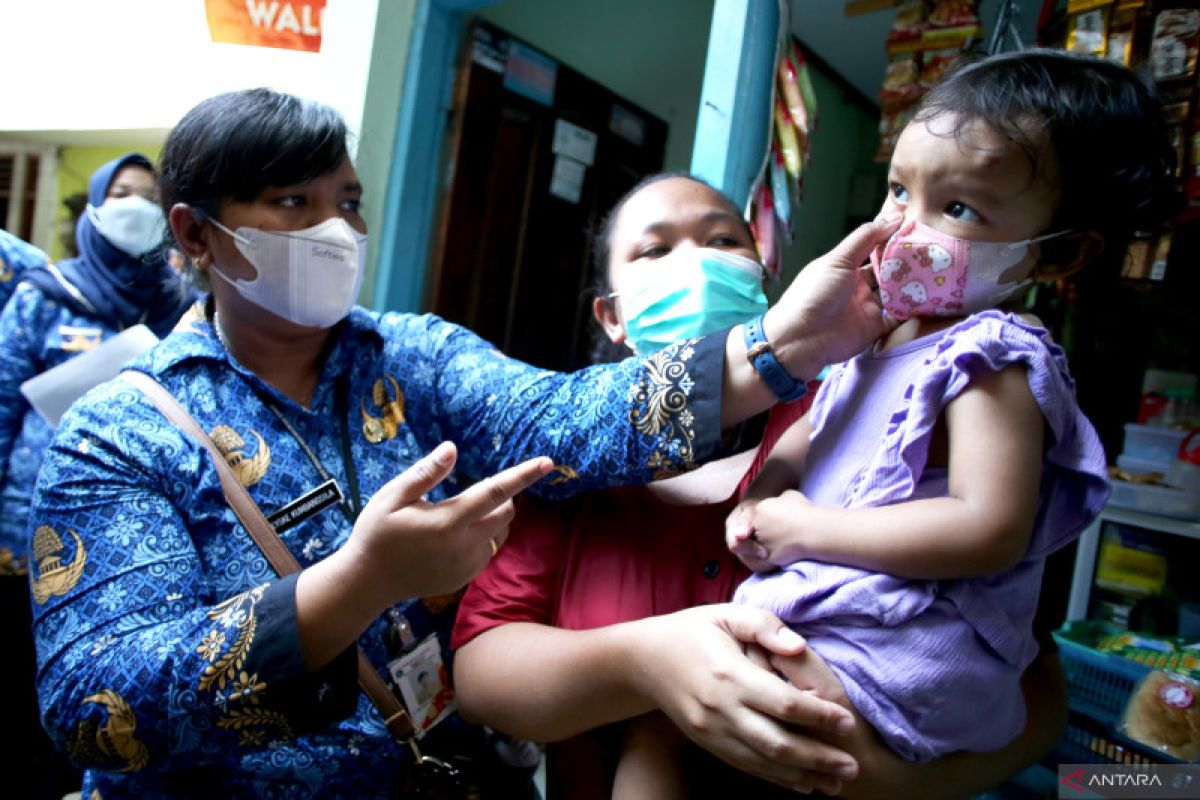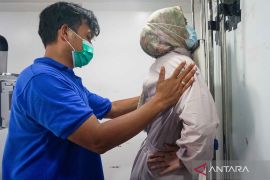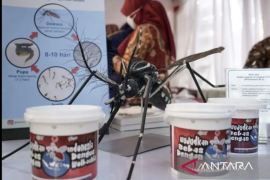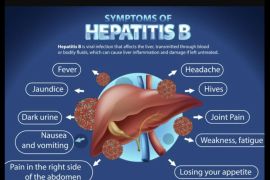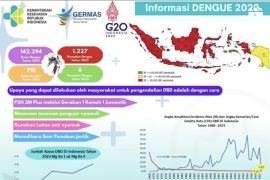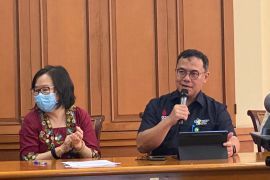"Hepatitis is a liver inflammation, which is mostly caused by viruses and has become a public health problem worldwide, including in Indonesia," he said during a press briefing for the 2023 World Hepatitis Day in Jakarta on Wednesday.
According to the World Health Organization (WHO), an estimated 296 million people worldwide are living with chronic hepatitis B (HBV) and an estimated 58 million people are living with chronic hepatitis C (HCV), with the death rate surpassing 1 million.
Southeast Asia accounts for around 410 thousand deaths, with 80 percent of the patients dying of liver cancer or cirrhosis caused by HBV and HCV, Pambudi said.
Based on the 2013 Basic Health Research (Riskesdas) data, there were an estimated 18 million people infected with HBV and 2.5 million people with HCV in Indonesia.
Based on these figures, Indonesia is currently classified as a country with a middle- to high-level of HBV endemicity, Pambudi informed.
He said that the Hepadnaviridae virus is the most common cause of hepatitis A, B, C, D, and E in the world, apart from contamination from dangerous substances, such as alcohol and certain drugs.
"Hepatitis type B and C cause chronic disease in hundreds of millions of people and are the most common forms of cirrhosis of the liver and cancer," he noted.
They can be transmitted via contact with blood and bodily fluids. Most cases recorded in Indonesia have been the result of transmission from mother to child, he added.
The proportion of HBV cases in toddlers in Indonesia was reported to have reached 4.2 percent of the total patient population as of 2013. The cases were mostly caused by consuming contaminated food or water, he said.
"The severe case has classic signs of hepatitis such as yellowing of the skin and eyes with dark urine that can also be accompanied by vomiting, fatigue, nausea, and stomach pain," Pambudi added.
Therefore, his party has carried out hepatitis interventions through a series of programs, such as promoting a clean and healthy lifestyle (PHBS), administering the hepatitis B vaccine, preventing transmission from mother to child, and conducting screening for infectious diseases spread through blood transfusions.
"We also need to pay attention to injecting drug use," he said.
The steps taken by the ministry to handle the disease have also included administering Hepatitis-B0 in less than 24 hours, followed by B1, B2, and B3 vaccines, according to the schedule of the National Immunization Program, he informed.
Furthermore, he said that HBV screening has been carried out for all pregnant women in 489 districts/cities, with the number of participants surpassing 3.2 million.
"From the activity, we found 50,744 pregnant women who were positive," he informed.
The next step has been the administration of the antiviral drug Tenofovir to pregnant women diagnosed with HBV, which has been carried out since 2022 at 180 health facilities in 34 districts/cities in 17 provinces.
"Gradually, we will add it so that by 2029, all districts/cities can provide the antiviral drug Tenofovir to pregnant women," Pambudi said.
Other interventions have included administering the Hepatitis B Immunoglobulin vaccine to infants and mothers diagnosed with HBV within 24 hours after delivery.
Related news: BRIN develops oral vaccine for hepatitis
Related news: Hepatitis B patients can be fully cured: Health Ministry
Translator: Andi Firdaus, Resinta S
Editor: Anton Santoso
Copyright © ANTARA 2023
